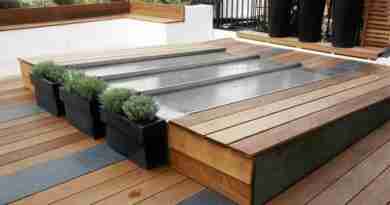10 Benefits Of Banana Water For Plants
Whether you’re a beginner or a seasoned gardener, you cannot overlook the importance of plant care. Banana is a common tasty and nutritious fruit that can be found in most kitchens- but, did you know that there are other ways to utilize this fruit beyond eating?
Banana water for plants is a gardening hack that is gaining traction in the past years. Why do people use banana water for plants? Banana water is like a compost tea extracted from banana peel. Some studies claim that this organic fertilizer helps get vitamins, potassium, and other minerals for the growth of plants. Some think that banana water for plants is even a way to extract nitrogen, which is considered a quality nutrient.
While banana water for plants is not seen as the leading technique to obtain potassium efficiency and normal growth, it is a fact that preparing this water delays abnormalities and slow growth. With banana water for plants, you get a small number of nutrients (which is lower than the number of nutrients in peels) that boost plant resistance to temperatures and leaf loss. It is arguably a recipe that gives more vitality to outdoor and houseplants.
In this article, we’ll outline the 10 incredible benefits of leveraging banana water for plants.
Enjoy the read!
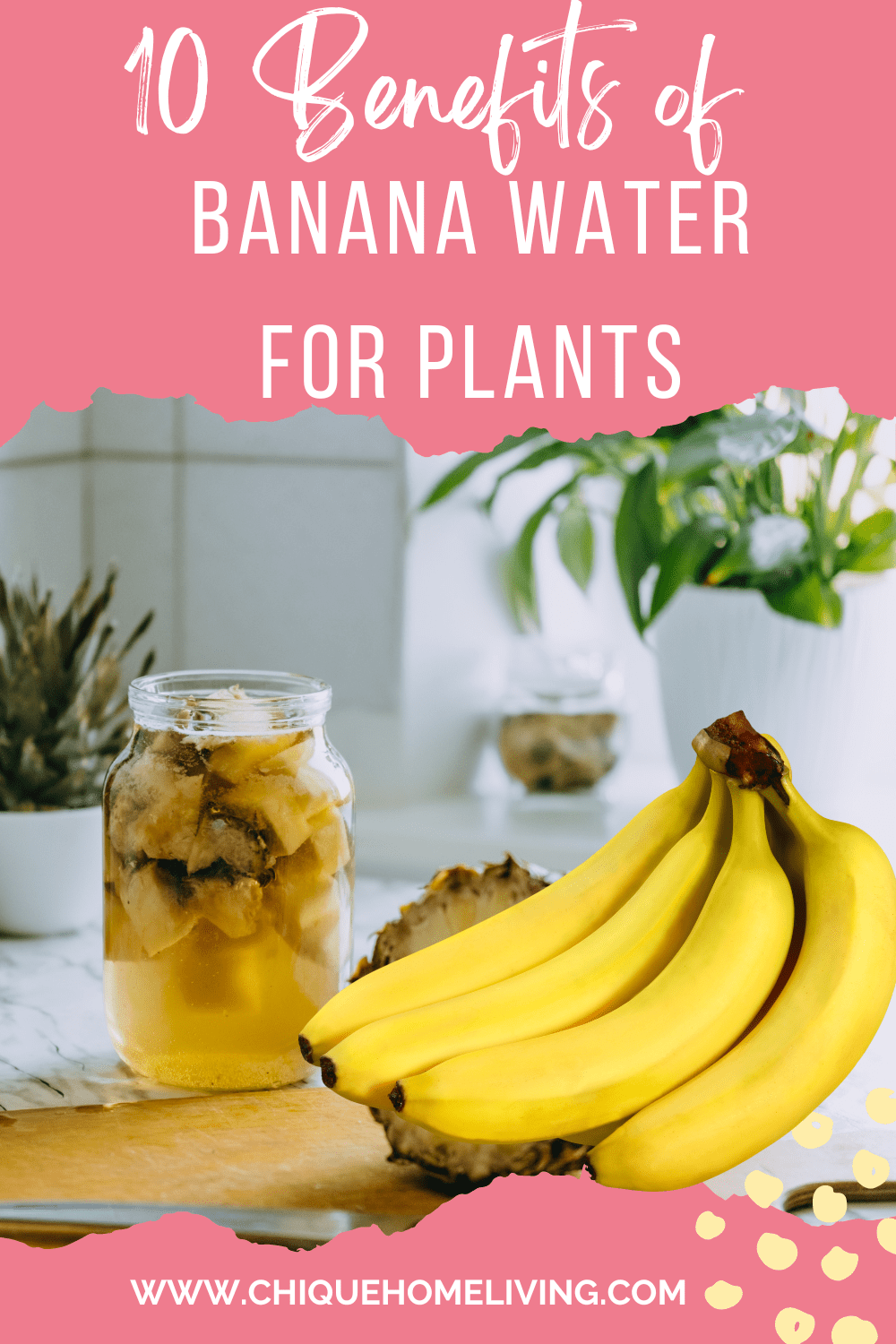
1. Vitamins And Nutrients
Not only do banana peels have potassium, as many would think, but they also possess large amounts of fiber, dietary fiber, and manganese. These nutrients stay in smaller amounts when peels are boiled in water.
2. Environmentally Friendly
Many fertilizers, which are not extracted from nature, can be eventually harmful to the growth of plants. In opposition to that, banana water plants are a completely natural source of fertilizer for plants that work for any kind of plant, especially when used moderately. Banana water shouldn’t be used as the only fertilizer, as it is not enough to keep the plant healthy.
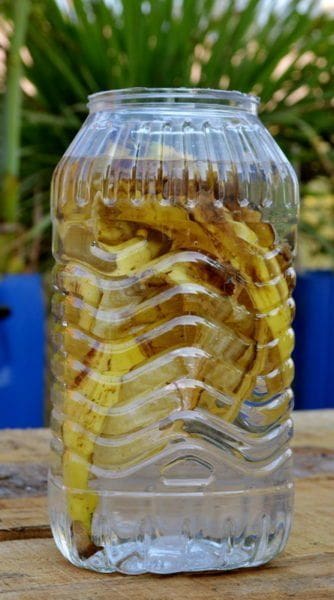
3. Combinable With Other Fruits And Vegetables
Unlike many other fertilizers, banana water can be mixed with other fruit or tomatoes to maximize benefits. This fertilizer helps in the growth of plants but is more efficient when combined with other sources of vitamins. Just keep in mind not to add too many ingredients to the banana water mixture.
4. Increases Fruit And Crop Production
Certainly, if banana water for plants does a good job, it is expected that it helps increase fruit and crop production. It is a positive effect. However, do not expect this water to do the job for you. You may need other fertilizers or banana peels to boost crop production. Banana peels are more efficacious.
5. A Low-Cost Method
Regardless of where you live, bananas are always one of the most affordable fruits. Unlike other fruits or fertilizers that are not natural, you just require having a few bucks in hand to buy bananas and extract their peels for the water.
Apart from being somewhat efficacious, banana water for plants just needs a small glass of water (can be a mayonnaise glass bottle), water, and banana peels. You get banana water from these peels after soaking them for a while. Others boil the peels to get the water. So, you may need a pot, too.
6. It Saves On The Cost Of Purchasing Fertilizers
We’ve mentioned the fact that banana water for plants cannot be utilized as the only fertilizer, however, it can surely complement other fertilizers. Banana water for plants can replace other fertilizers when you have no money to afford another one for the moment. Use it as a second option; this is what experts recommend.
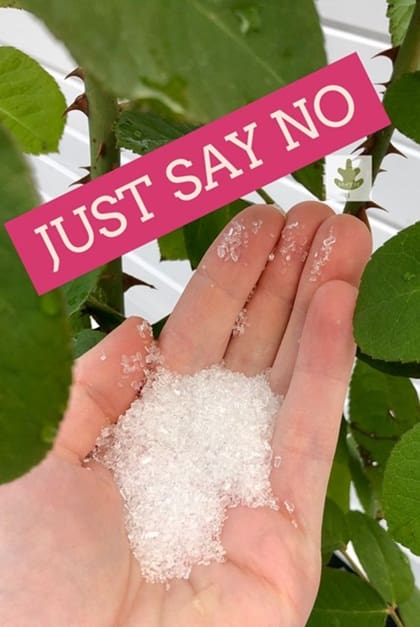
7. Ensures Only Healthy Bacteria Proliferate
Because it is natural, it will surefire promote a healthy bacteria population within the soil, however, it can also attract a lot of mosquitoes and produce a bad smell when overused. Despite this, banana water for plants ensures very few harmful bacteria thrive.
8. An Organic Method Of Pest Control
Although it is clear that excessive banana water can draw in mosquitoes and gnats, it is also ideal to combat pests naturally. Banana water for plants will not affect air quality indoors, as long as the soil is well-maintained.
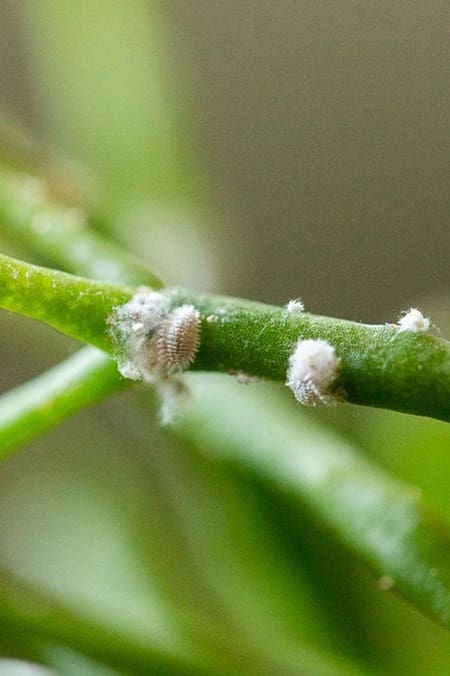
9. Rich In Potassium
While bananas are thought to be rich in potassium, they fall short compared with other fruits and veggies, such as kiwis and acorn squash. Nevertheless, the water extracted from the peels helps the plant to be more resistant to drought and withstand extreme temperature fluctuation, pests, diseases, and nematodes. To cut the long story short, banana water for plants does the trick when it comes to houseplant care.
10. Easy To Obtain
You will not have to spend but a few bucks to obtain banana water for plants. You just need to pick up bananas and that’s it. There are several ways to prepare banana water for plants which you will learn below or watch on YouTube for demonstrative purposes.

How to Use Banana Water For Plants
To use this incredible growth method for your plant, you’ll need some bananas, a container with a lid, and room-temperature water. Separate the banana from the peel and slice up the peel. Place it in the container and fill it up with some water.
Let it soak for 2 to 3 days as this will allow the mineral to be extracted. Next, use a colander and strain the juice into a jar. Use the banana water for your plants by applying it directly at the base. Use this natural fertilizer once a week for amazing results.

Final Thoughts
While banana water for plants is a good and eco-friendly method to help the plant grow faster and healthily, it is arguably not the best strategy to do so. Using banana water on your plants may actually do more damage than good.
The problem with banana water for plants is that, although it has potassium and nutrients, it may not have much of it because potassium and vitamin C are more properly extracted during the peel decomposition process. Notwithstanding, it equally fulfills the fertilizing purpose.
Whenever you opt for banana water for plants, bear in mind that banana peels can ferment in water, so follow experts’ recommendations to prevent it. An alternative to banana water for plants is organic fertilizers with the Organic Materials Review Institute (OMRI) label or using banana peel compost.


